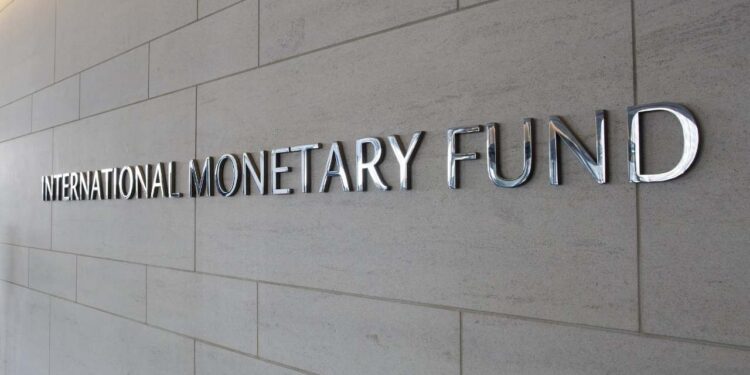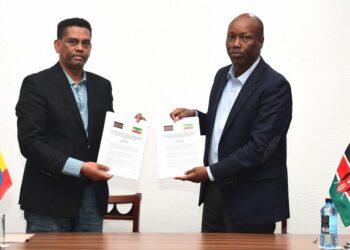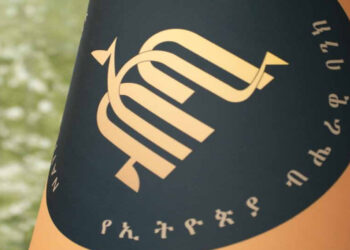In an upcoming release, the International Monetary Fund (IMF) is set to publish the first evaluation report on Ethiopia’s macroeconomic reform initiative, providing insight into the progress of the country’s efforts. The IMF highlighted that Ethiopian authorities should remain vigilant in addressing potential challenges within the foreign exchange market.
Alvaro Piris Chavarri, IMF Mission Chief for Ethiopia, reported that the reform program, which launched three months ago, is off to a promising start. “The program has been well-prepared, and authorities have taken decisive action,” Piris told Capital Ethiopia. “While there’s still much to accomplish, the progress in exchange rate reforms has been positive, marking a strong beginning.”
The IMF’s first review of Ethiopia’s reform progress has just concluded, with a full report expected in the coming days. According to Piris, the initial assessment encourages Ethiopia to sustain its reform momentum, as the next evaluation phase is slated to conclude by January.
The program’s subsequent phase will focus on monetary policy reforms and the expansion of revenue mobilization efforts. “The agenda is well-defined, and it’s now about staying on course,” Piris added. He emphasized that the authorities should continue addressing foreign exchange issues and prioritize state-owned enterprise reforms within the program.
Piris also noted that discussions on debt restructuring with private creditors are ongoing, although the IMF’s role remains advisory, limited to providing macroeconomic and debt sustainability analysis.
In a recent meeting, IMF Managing Director Kristalina Georgieva discussed the ongoing reform agenda with Ethiopian Finance Minister Ahmed Shide and National Bank of Ethiopia Governor Mamo Esmelealem Mihretu at the IMF and World Bank annual conference. Governor Mamo remarked that the talks with IMF leadership were productive but did not disclose specific details.
The IMF’s recent assessment mission, led by Piris from September 17 to 26, evaluated Ethiopia’s progress and policy objectives under the reform program supported by the Extended Credit Facility (ECF). Following the visit, on October 18, the IMF approved a disbursement of USD 340.7 million to Ethiopia, representing 10% of the total USD 3.4 billion facility. The IMF had initially authorized SDR 2.556 billion (approximately USD 3.4 billion) on July 29, of which USD 1 billion was disbursed immediately.
Ethiopia’s reform program is driving substantial changes, including the liberalization of its foreign exchange market, with further developments anticipated as the country advances its macroeconomic agenda.
Source: Capital Ethiopia























